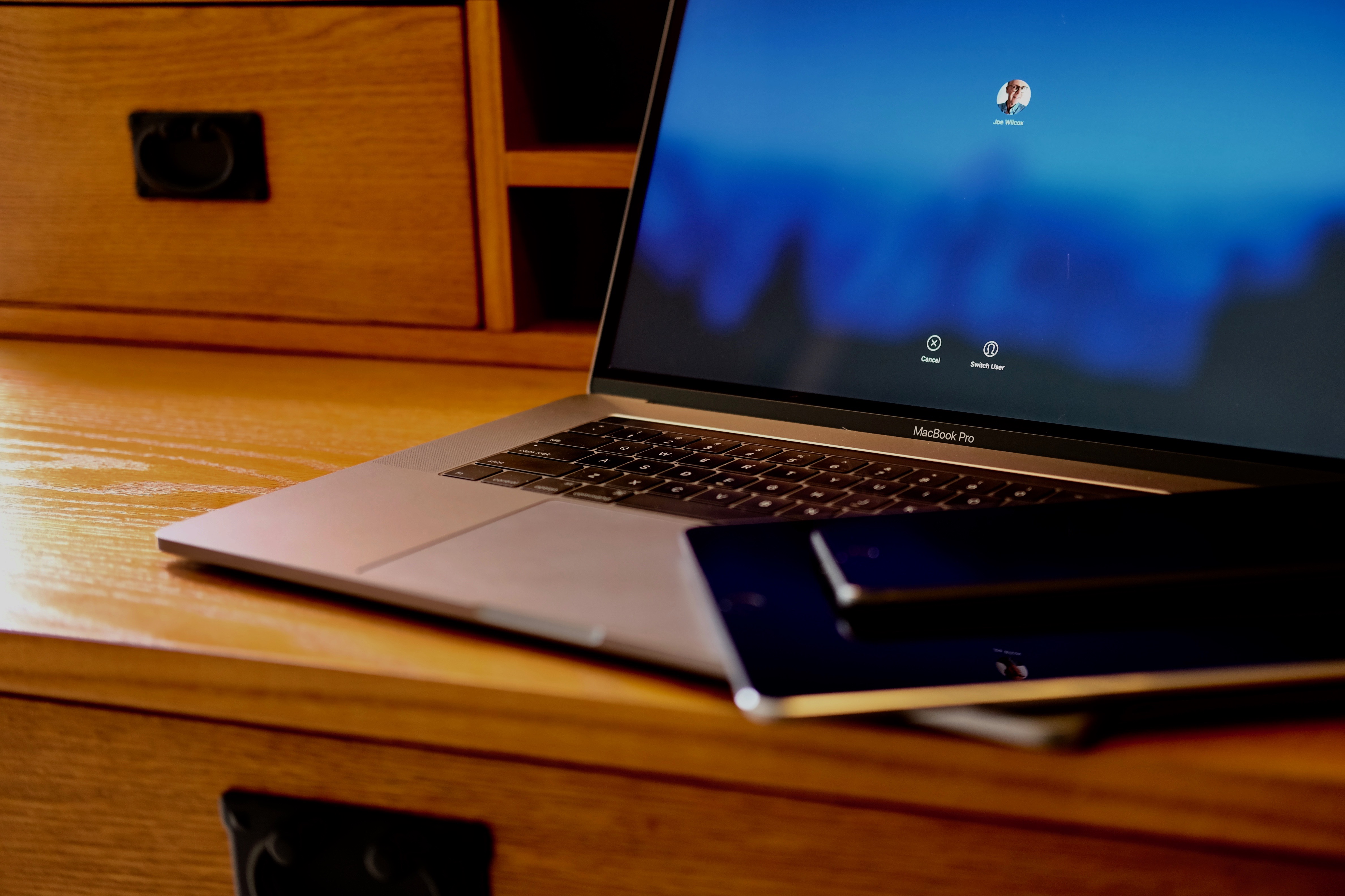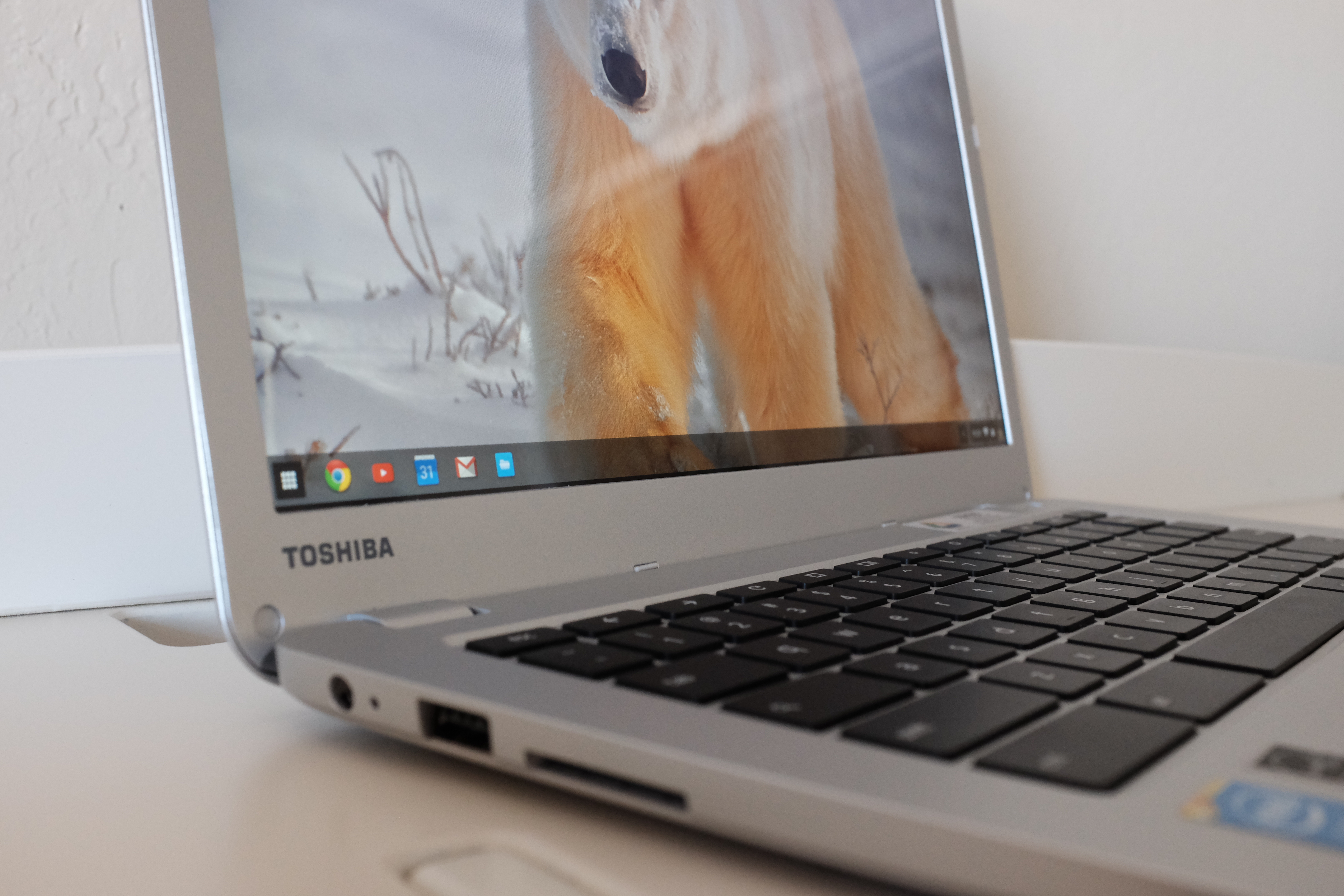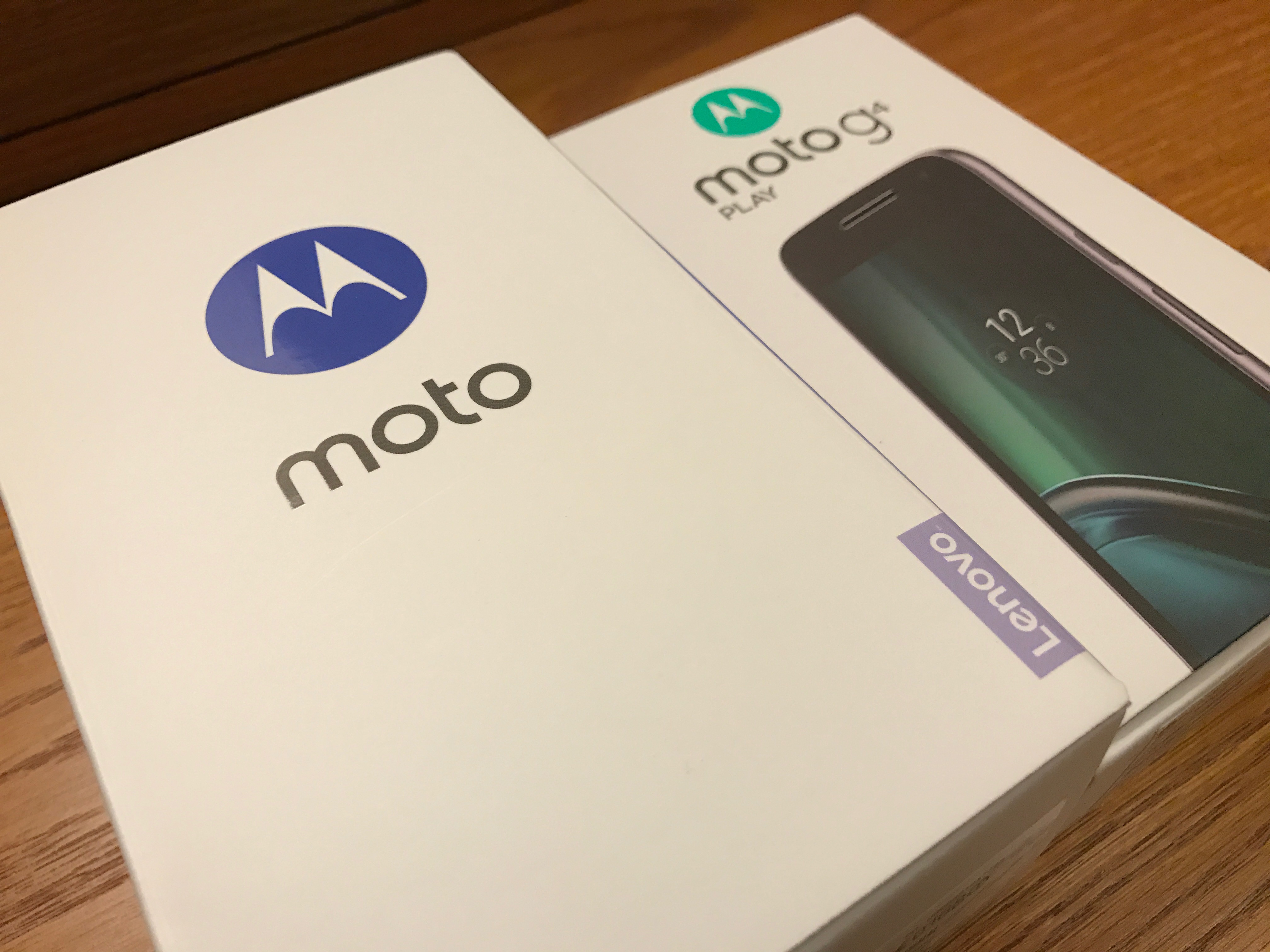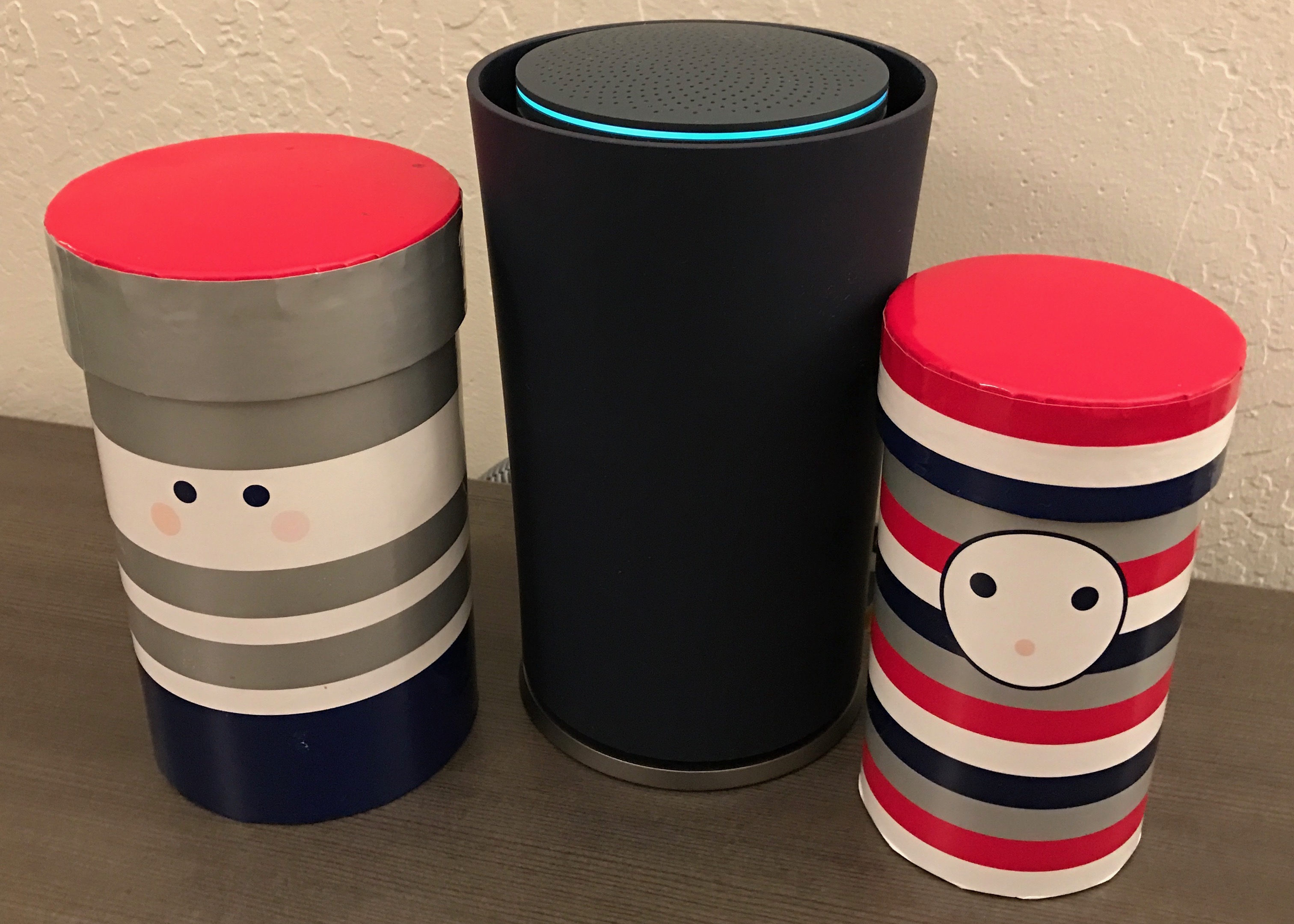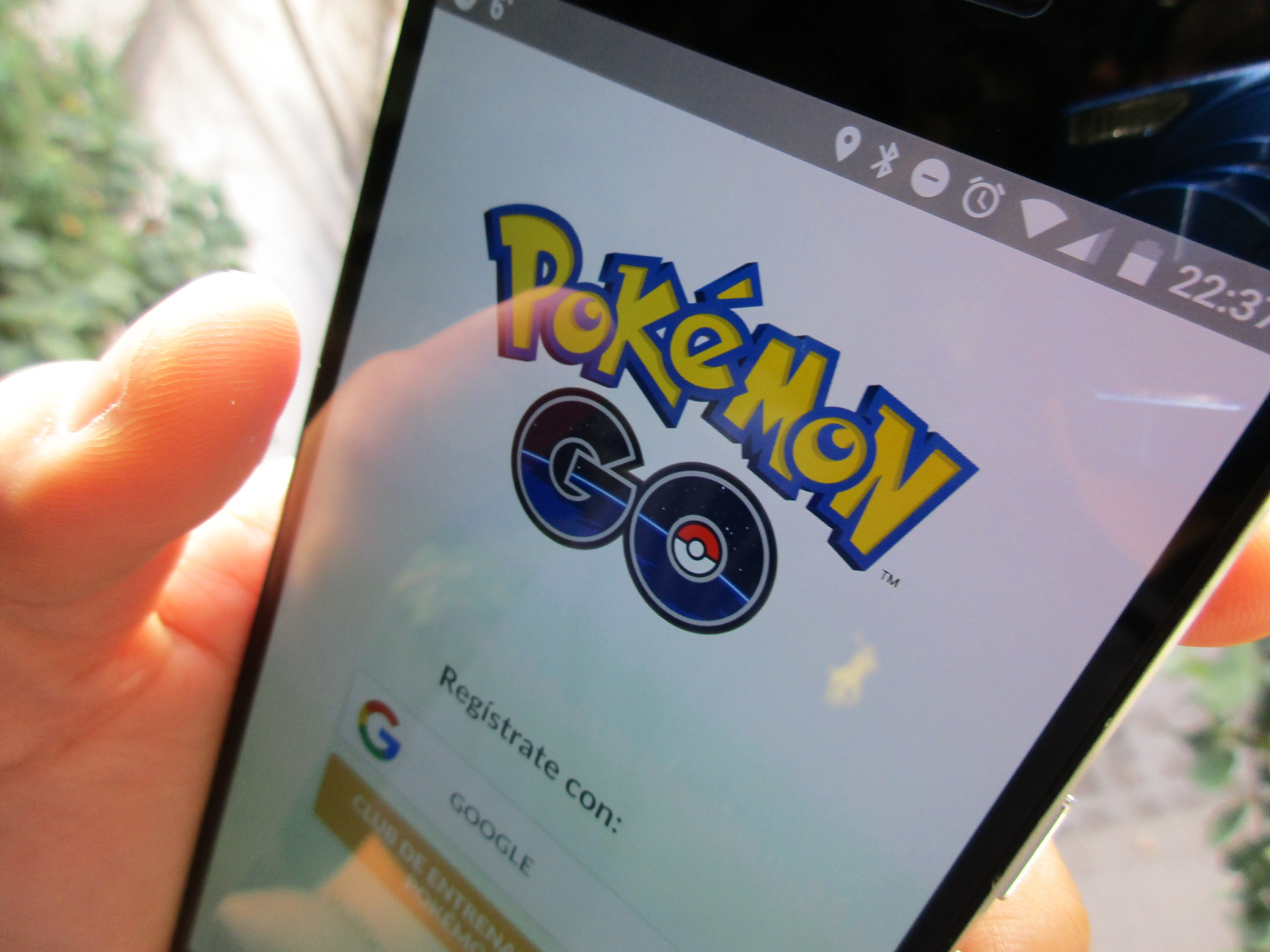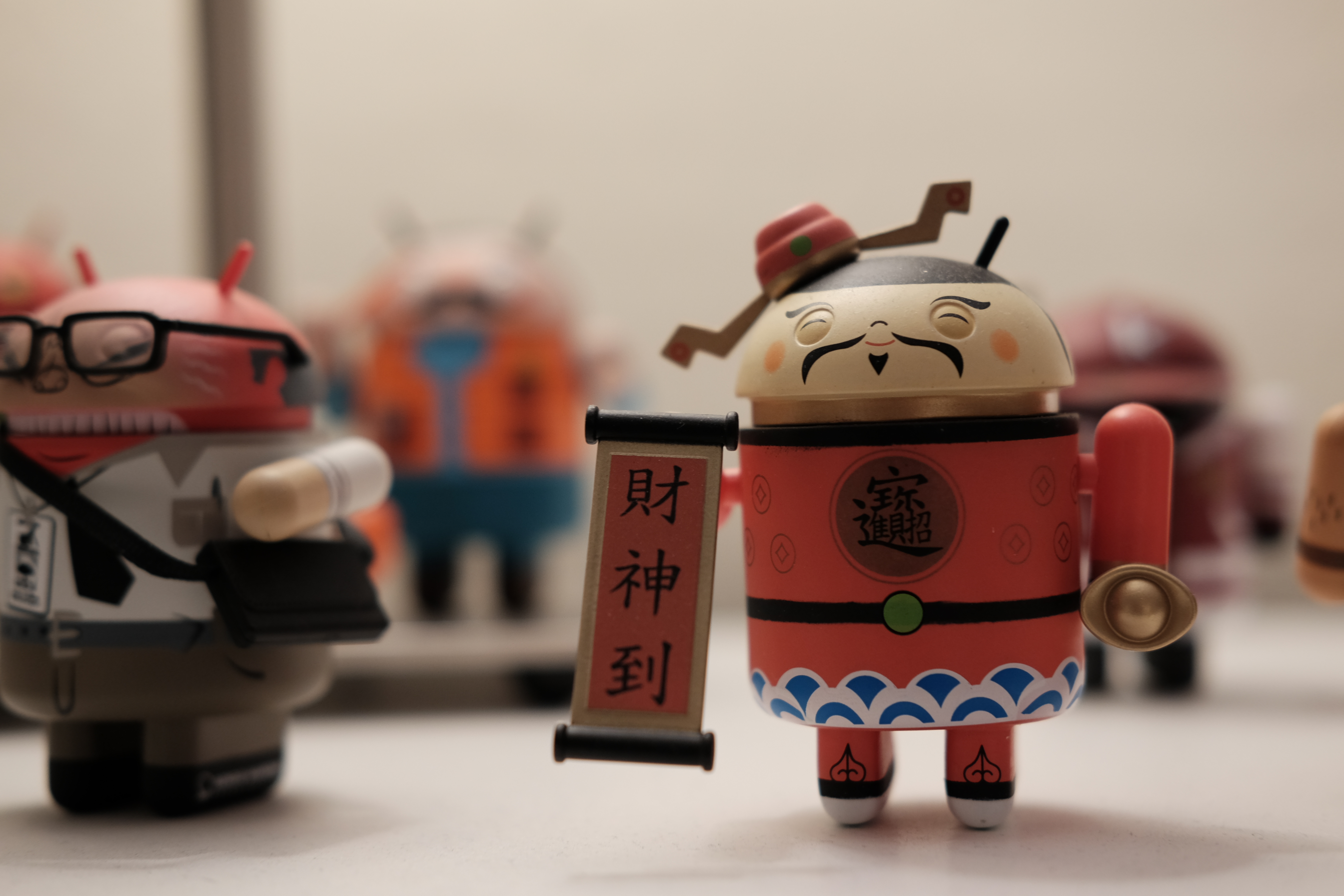I lied, but not deliberately. One year ago today, I wrote: “Apple Lost My Heart to Google in 2015“, explaining that “my mainstays at the start of 2016: Chromebook Pixel LS, Pixel C, Nexus 6P, and Huawei Watch. I abandoned Apple and there are no plans to return..I will write more about Google in 2016 than previous years, because of the benefits I see. As for Apple, the company had my heart for the longest time. I challenge CEO Tim Cook to win back my adoration; skeptical I may be”.
By March, however, Apple won back my business with little effort, and I gave up the Google lifestyle. Transition back to the Orchard started with a 13.3-inch MacBook Pro: 3.1GHz Core i7 processor, 16GB RAM, 256GB SSD, purchased from DC Computers. Three reasons: 1) I believed Mr. Cook’s privacy promises, all while my concerns about Big G information collection increased. 2) I found the visual acuity of Apple fonts and user interfaces to be far superior to Google’s, which helped compensate for diminishing reading vision (later recovered through eye surgery). 3) Google’s platforms proved inadequate for easily recording, producing, and publishing the Frak That! podcast, which is available on SoundCloud.
